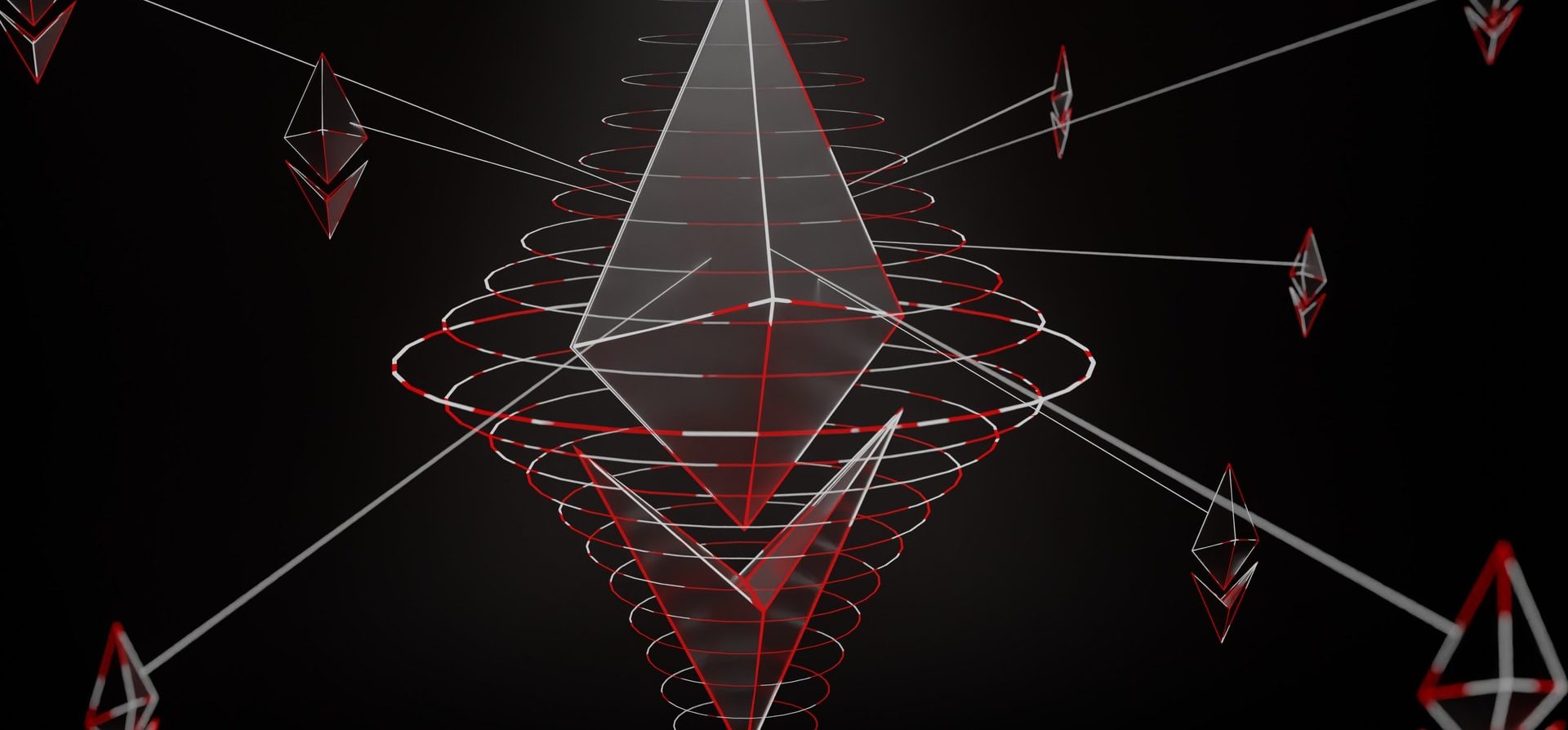Orca Whirlpools Brings Concentrated Liquidity to Solana
- Whirlpools promises higher returns for liquidity providers while benefiting traders with lower slippage across a selection of trading pools
- Today Uniswap has roughly $7.5 billion in total value locked, compared to Orca’s $350 million, according to DeFi Llama
The Orca AMM DEX is launching a concentrated liquidity feature for the Solana ecosystem, dubbed Whirlpools, which debuts today, kicking off a two-week beta phase.
In DeFi, Ethereum remains the dominant blockchain platform, with a higher TVL (total value locked) than all other blockchains combined. The DEX (decentralized exchange) world is no different, with Curve and Uniswap accounting for about $28 billion of the $122 billion in TVL.
Uniswap, which allows creation of liquidity pools for any two assets, debuted the feature of concentrated liquidity in its version 3 AMM (automated market maker) exactly one year ago, which dramatically increased capital efficiency for liquidity providers.
“It’s still anyone’s game for bringing concentrated liquidity into Solana,” Orca Co-founder Grace Kwan told Blockworks in an interview. She and her co-founder, Yutaro Mori, Orca’s head of engineering, were attracted to Solana in 2020 when FTX CEO Sam Bankman-Fried began ramping up his support for the Solana ecosystem.
“Yutaro’s superpower is always being able to find an area where we have an edge,” Kwan said. “Being able to build one of the key primitives on Solana is a great opportunity.”
Whirlpools is designed to bring higher returns via capital efficiency for market makers while providing traders with low-slippage trades. The basic idea of concentrated liquidity is that by allocating capital within a custom price range rather than a uniform distribution from zero to infinity, an AMM can provide increased depth to handle larger volumes with far less total capital.
For trades involving similar assets, such as between stablecoins, the range is often tiny. Initially, however, Orca Whirlpools will be deployed across a selection of three, more volatile assets, all trading against the USDC stablecoin: MSOL-USDC, SOL-USDC and ORCA-USDC.
MSOL is a flavor of liquid staked SOL, a derivative from Marinade Finance, which currently has a market cap of about $600 million according to CoinGecko. ORCA is the DEX’s governance token, which was launched in August 2021 and is managed by a decentralized autonomous organization (DAO), the site’s token page states. But more pools will be opened up following the beta phase.
One of the project’s anticipated innovations is what the team calls “community listings” — essentially the ability for anyone to create new asset liquidity pools independently — or “permissionless pools” in crypto jargon. Orca will provide a “very simple guided experience for creating community listing pools,” Kwan said, which will be possible at far lower cost than Uniswap pools and with a much simpler process compared to current options on Solana, involving the Raydium AMM and Serum DEX.
That feature should debut in a few weeks, following the completion and publication of two security audits from Kudelski Security and Neodyme. The team developing Orca also intends to open-source the platforms’ smart contracts at that time, a step commonly seen as necessary to establish the credibility of new DeFi (decentralized finance) products.
Orca’s developers are focused on improving the user experience of an AMM, Kwan noted, referring to her previous role as an interaction designer at IDEO in Tokyo.
“I’m pretty shocked by the types of UX you see on most DeFi applications,” she said.
For instance, Whirlpools will offer “first class support for liquidity mining,” meaning that, unlike Uniswap, options to incentivize liquidity providers beyond trading fees are built into the smart contracts. Users won’t have to deposit a liquidity provider token elsewhere to receive additional rewards.
Kwan thinks the crypto-native nature of an AMM still has plenty of room for innovation. “One of the reasons why we love the AMM model is it’s so radically simple” compared to a centralized order book design, Kwan said.
“The potential has really been shown by Uniswap V3’s adoption, but we’re really just at the tip of the iceberg.”
Get the day’s top crypto news and insights delivered to your inbox every evening. Subscribe to Blockworks’ free newsletter now.


